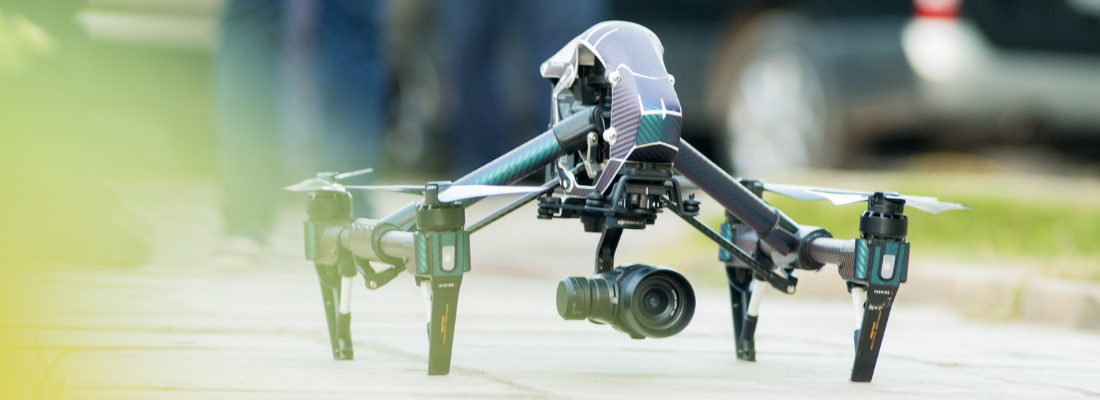Who is investing in UAM?
An enormous amount is being invested in the development of unmanned aircrafts. Both the automotive and aviation industry as well as private investors invest money in these vehicles. But such an aircraft cannot fly if there is no suitable infrastructure, both physical and digital. And it is precisely the investments in the development of the necessary infrastructure that are lagging behind.
And that means that not all aspects of the value chain receive the same attention and the drone industry can hardly scale up. And without that upscaling there is no good business case. So where is the investment in UAM? That was the main question during the discussion about Funding and Investment in UAM during ADW Hybrid.
ANWB Medical Air Assistance director Petra van Saaze immediately starts the discussion with an important point. According to her, it is not just about investing in infrastructure, but it must also be ensured that the infrastructure follows the same rules everywhere. “When every city or region develops its own U-space, it becomes complicated and as a consequence less safe to fly over long distances. What we need is one countrywide U-space”
Disruptive mobility
Koen De Vos, Secretary General of GUTMA, is tried to explain the audience that the drone service industry will soon determine a large part of the total global economy.
“Where aviation is now only a small part of the total economy, it will become a huge share in the foreseeable future. Unmanned aviation is permeating all the capillaries of the economy. I hope investors see that.”
François Gaudet, Head of Thematic Impact Finance Operations unit Equity, New Product & Special Transaction department at the European Investment Bank, sees that the market is developing rapidly with investments going towards asset developments rather than infrastructure and according to him the European Investment Bank is investing in innovative and disruptive mobility solutions including in UAM. “Infrastructure should be seen as a public good that needs to be well organised. The private sector can invest in this, but for this to happen governments must be able to explain how that infrastructure is to be organised. There is simply too much uncertainty at the moment as to how the infrastructure is to be organized, regulated. This uncertainty is not conducive to long term investment that characterize infrastructure financing. It is important that governments act rapidly in this respect to ensure private concerns do not de facto acquire a monopoly on infrastructure that will be essential for society as a whole in the future.”
Promising initiatives
Topper Gurdon Quin, Senior Managing Partner at private investor Challenge Capital Advisors llc, is not putting his money in UAM for the time being. “I see several promising initiatives. Also here during ADW. But I don't see operations anywhere. And without operations there is no chance of profit. And that's what it's all about for me as an investor, of course. At the moment, money is only spent on R&D and not on setting up a good company that makes money. And so I prefer to invest my money in sectors where I do get a return on investment. I cannot compete with the big conglomerates with much deeper pockets or with governments that have to provide the infrastructure. And so at the moment I prefer to invest in bus stops for drones, rather than for complete airports.”
Ricky Sandhu, Founder of Urban Air-Port in Coventry City did receive sufficient funding from both private and public sources. When he started in 2016, no one had heard of UAM. Sandhu saw that the major aircraft manufacturers were going to put money into unmanned aerial vehicles and quickly decided that he would not be able to compete with that. “But nobody talked about infrastructure at that time. So that's where we focused our attention.” Urban Air-Port provides innovative ground infrastructure as a service for Future Air Mobility. An ultra-compact, rapidly deployable, multi-functional operations hub for manned and unmanned vehicles providing aircraft command and control, charging/refuelling, cargo and passenger loading and other mission specific facilities. Sandhu: “Like Hyundai started to build roads before they developed cars, we have chosen the same route.”
Share your story with us
Do you have knowledge on current air solutions, potential innovations and vital regulations you would like to share with the UAS community? The Amsterdam Drone Week website and social media channels are a great platform to showcase your stories!
Please contact our Brand Marketing Manager Hilke de Vries.
